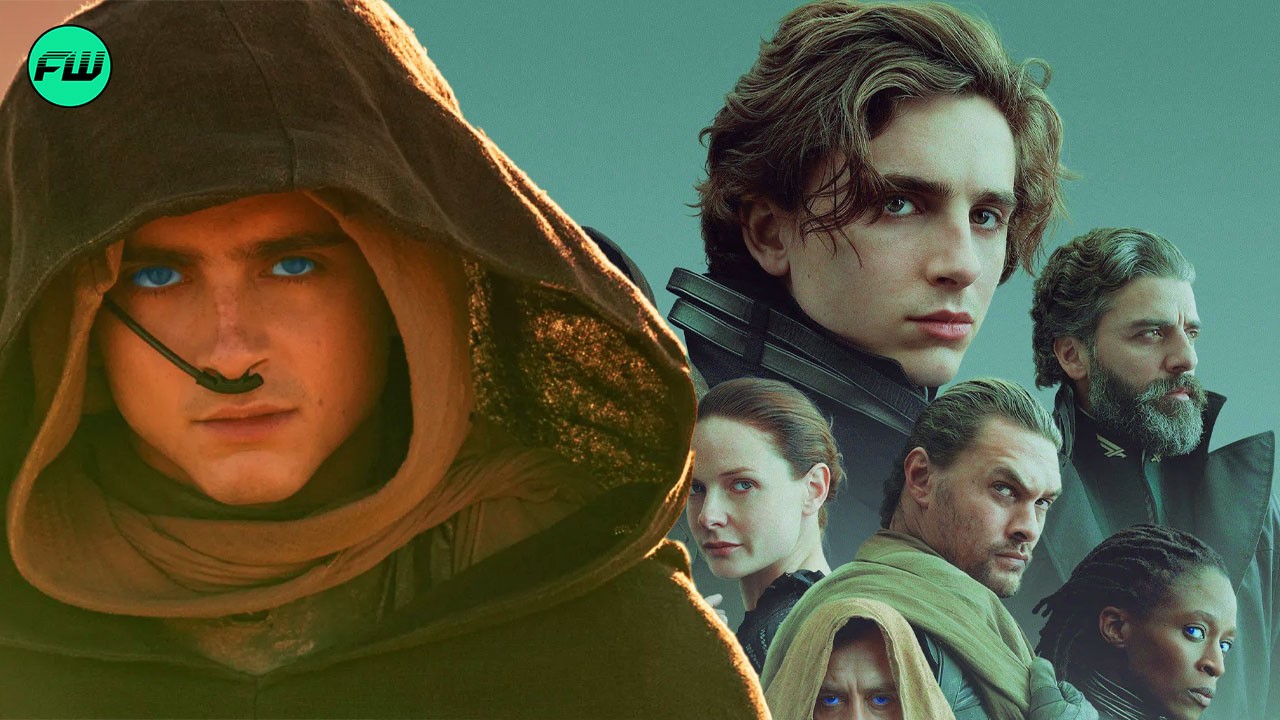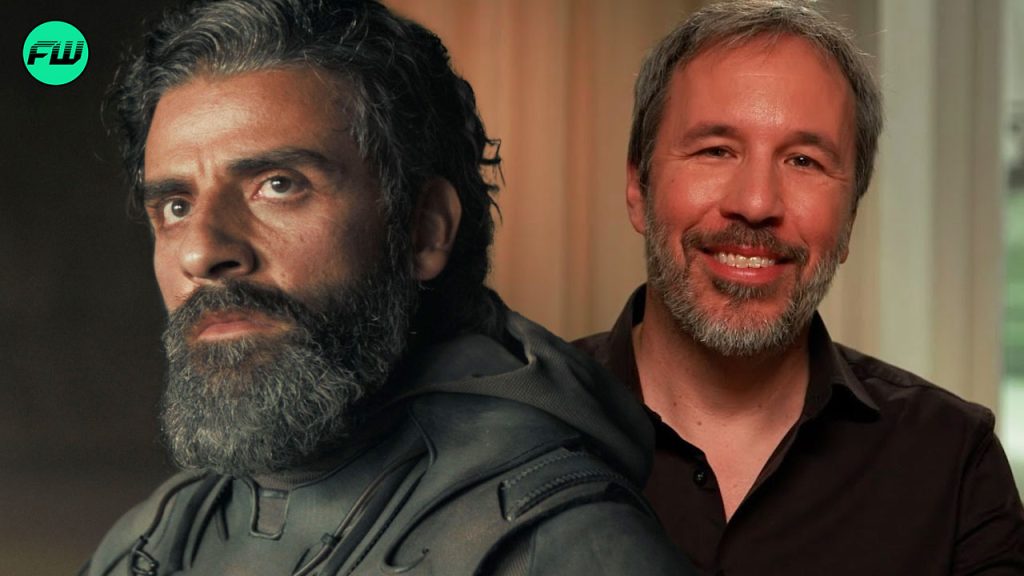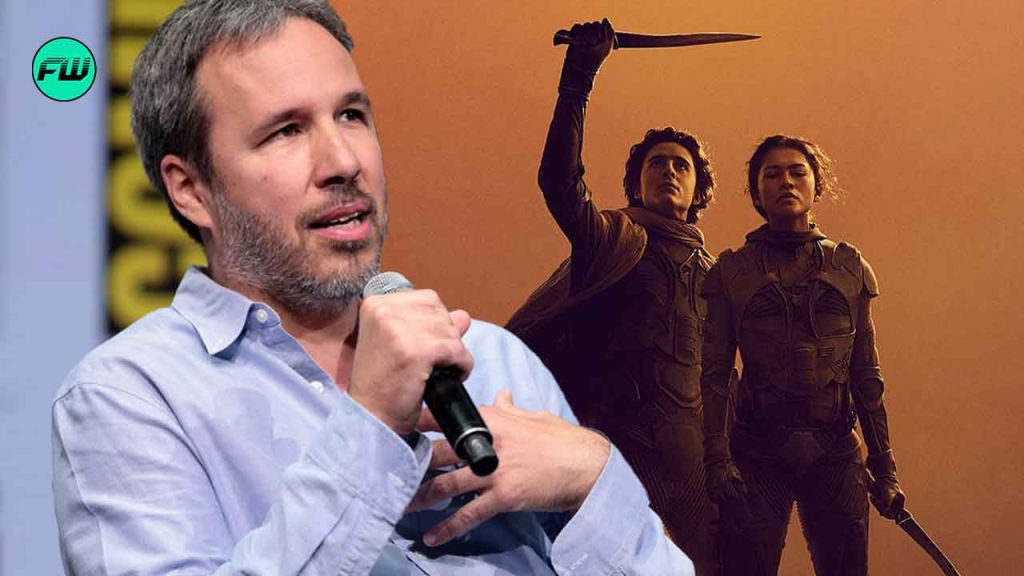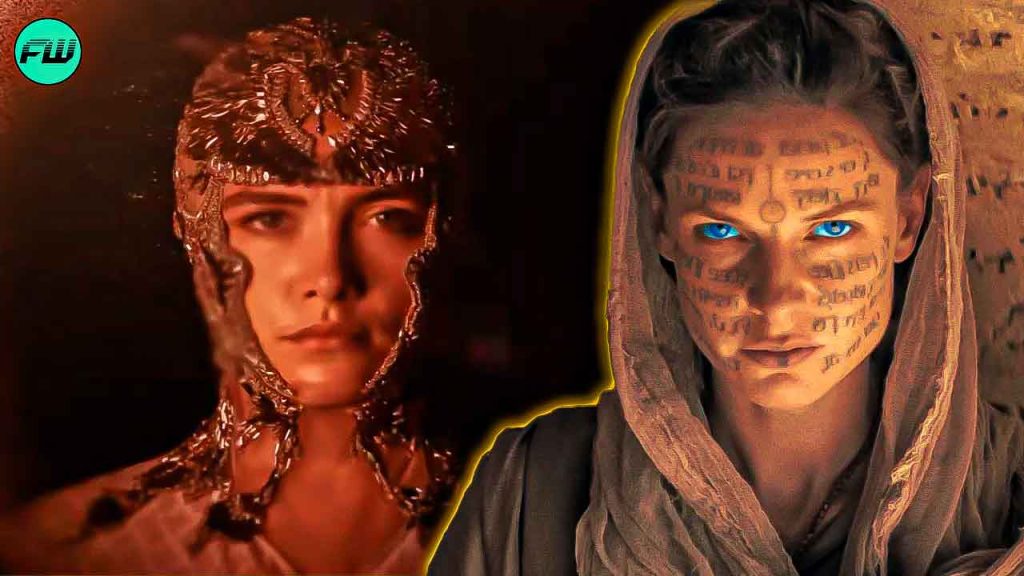In 2021, audiences were treated to the cinematic spectacle of Dune, a film adaptation of Frank Herbert’s epic novel, with actors Timothée Chalamet and Zendaya taking on the lead roles. However, it chose to focus primarily on a segment of the larger narrative, leaving many viewers with a curious mix of awe and frustration.
For some, the unexpected emotional journey spurred by Dune led to a sense of unpredicted dissatisfaction.
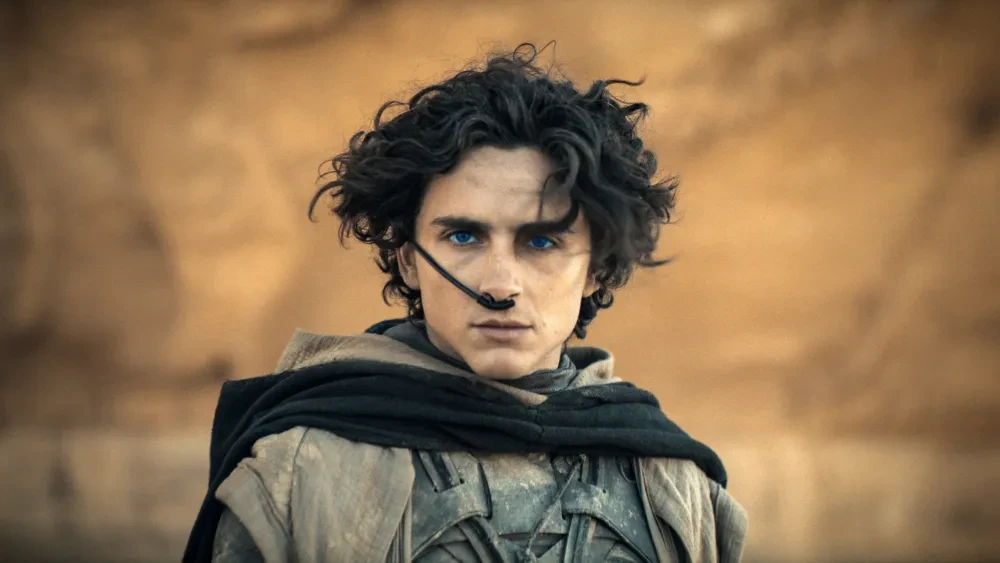
The film’s deliberate pacing and selective storytelling left certain threads dangling, leading to an inconclusive ending that left audiences yearning for more resolution. Despite this ambiguity, a group of fans lauded its audacity to defy convention and embrace its incompleteness as a narrative strength.
These fans found beauty in the film’s enigmatic conclusion, viewing it as a deliberate choice that invited speculation and anticipation for what lay ahead.
Dune’s Controversial Conclusion Sparks Fan Debate
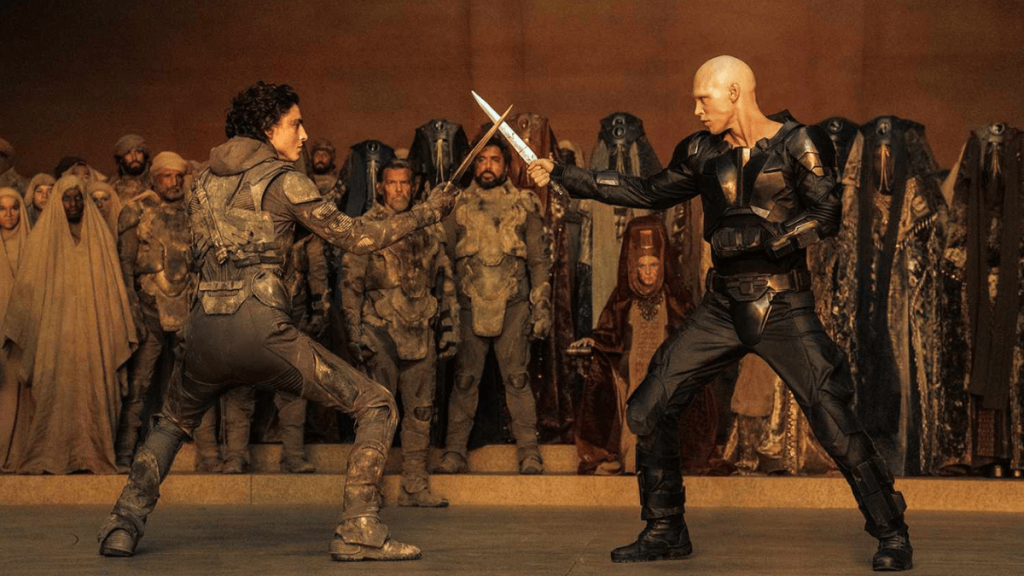
The box office hit film Dune garnered significant attention, particularly due to its unconventional conclusion. The somewhat abrupt ending left many viewers with a sense of dissatisfaction, as they were left hanging without a traditional resolution.
However, Dune: Part One was strategically designed to set the stage for a larger narrative, avoiding a disappointing conclusion.
Eventually, Dune‘s ending, while perhaps anticlimactic to some, left audiences with plenty to ponder and discuss. While some viewers may have been frustrated by the abruptness of the conclusion, others understood that it was a deliberate choice to maintain suspense for the subsequent parts of the trilogy.
Rewatching Dune (2021) and it beats the “iTs ONlY hAlF a MOiVe” allegations so clearly, it almost makes me physically angry that people truly believe that
— Oluwajomiloju (@JomiAdeniran) February 25, 2024
I always thought the ending was a bit anticlimactic. Feels like the end of a chapter, not the end of a book – because that is literally what it is. It won't really matter once we have the full picture.
— Brandonheimer (@gdigitalzsmooth) February 25, 2024
However, It’s important to recognize that Dune: Part One was merely the first installment in a planned trilogy, which contextualizes the uneasy ending as part of a larger storytelling arc.
To me its like saying “the fellowship of the ring is just 1/3 of a story” like yeah thats true cuz thats how a series of films works. Its not like they lied to you, its called dune part 1
— Dr. Balls Sackery👨🏻⚕️ (@RobertDeGiorno1) February 26, 2024
Banger movie top to bottom. Quiet ending doesn’t equal “no ending”
— Rob Hendricks (@Dobbs___) February 25, 2024
The unresolved threads and unanswered questions sparked lively debates and theories on social media platforms. Many viewers still found themselves eager to delve deeper into the story and explore its implications further.
I watched it again and was pulled in the other direction! Last half felt drawn out and anticlimactic.
— Chez Change (@chezchange) February 26, 2024
Then why not Dune and a sequel? Part 1 of 2 is by definition half @RingerVerse because half of something is good doesn’t make it mor than half a story/movie
— Younghouseboat™ (@Admiral_The3rd) February 26, 2024
In addition to its narrative intricacies, Dune captivated audiences with its stunning visuals, transporting them to vividly imagined worlds of the distant future. The film’s storyline and artistry were nothing short of breathtaking, leaving an indelible impression on viewers long after the credits rolled.
Analyzing the Open-Ended Conclusion of Dune
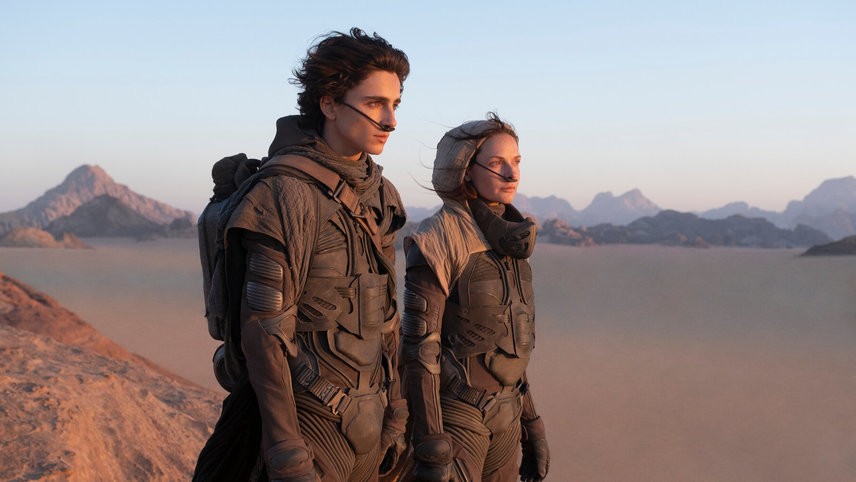
The Widely acclaimed film Dune embarks on a monumental journey that spans more than one film, a decision made collaboratively by Warner Bros. and director Denis Villeneuve. In this first installment, viewers are transported into a meticulously crafted universe where political intrigue, power struggles, and ancient prophecies intertwine.
In the ending, Dune leaves audiences hanging on the edge of their seats, with Paul Atreides and his mother Jessica fleeing from their enemies, the Harkonnens, into the vast desert expanse. Their chance encounter with the enigmatic Fremen, led by the formidable Stilgar, adds a new layer of complexity to their precarious situation.
Stilgar’s decision to bring them to Sietch Tabr sets the stage for a pivotal moment in Paul’s journey, one that will shape his destiny in unforeseen ways.
The tension escalates as Jamis challenges Stilgar’s authority, igniting a deadly duel that pits Paul against his opponent. In a dramatic display of skill and determination, Paul emerges victorious, setting the stage for what lies ahead.
Villeneuve’s deliberate choice to end Dune: Part One at this critical juncture underscores the significance of Paul’s pivotal decision and its far-reaching consequences. Denis Villeneuve told Empire Online,
“It was feeling like the beginning of a new chapter, which felt very heavy at the end of the [moment]… I’m 100% positively convinced that we stuck at the right moment, where we finally feel that Paul has [gone] from being a boy to an adult, and having all this arc of this first part completed.”
The open-ended nature of Dune’s conclusion leaves audiences yearning for more, with Chani’s poignant words, ‘This is just the beginning.’ At its core, Dune’s conclusion marks the inception of Paul’s odyssey, propelling viewers into a gripping narrative brimming with intrigue and suspense.

